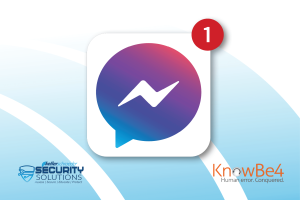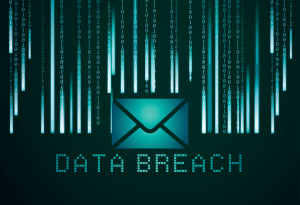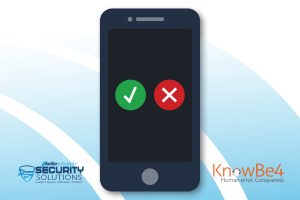
Security Tip of the Week – Watch Out for Phishy Facebook Messages
While sending messages via Facebook can be a great way to communicate, cybercriminals are hacking accounts to phish unsuspecting people.
Each month, Keller Schroeder’s subject matter experts provide content about the latest tools, services, and technologies to help you understand how you can better grow, protect, and optimize your technical environments. We also share weekly cybersecurity tips and you can find business cultural and leadership knowledge from our President.

While sending messages via Facebook can be a great way to communicate, cybercriminals are hacking accounts to phish unsuspecting people.

Cybercriminals are using Search Engine Optimization (SEO) to make their malicious website appear harmless. Do you know which sites are safe?

Despite years of defense, cyberattacks and breaches continue to rise. Because of this, we can be tempted to ask “Is this just the way it is?”

Spear phishing is on the rise, but identifying these attempts can be challenging when they appear to come from someone you trust.

Be on the lookout for a rise in phishing emails appearing to come from your credit union. Don’t fall for this scam!

Does your organization use Gmail as an SMTP relay service? Cybercriminals have found a way to spoof domains and bypass security filters.

We can get used to looking for overly-produced scams, but cybercriminals are now using simpler ways to steal information. Are you at risk?

Cybercriminals are taking advantage of the rise in supply chain delays to create a surplus of related scams.

Have you ever received a multi-factor authentication (MFA) notification from an account that you didn’t request?

Cybercriminals are disguising their phone numbers as Europol numbers and vishing unsuspecting victims. Can you spot a fake Europol number?
Want to receive our monthly newsletter? Send us your contact info below to join our mailing list.